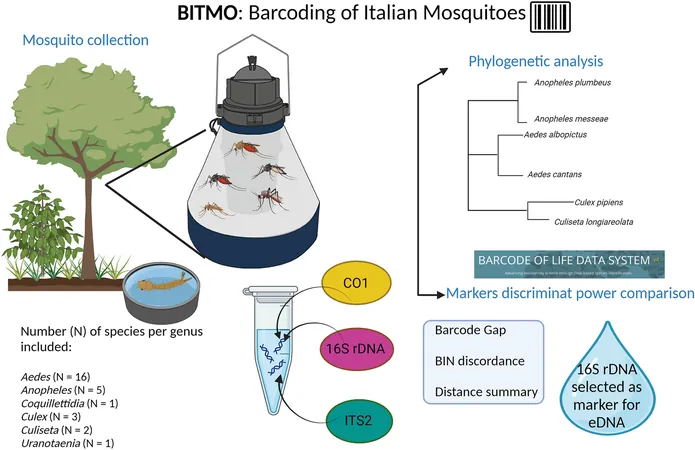
Cancer Patients Demand Early Financial Screening to Combat Cost-Related Stress
2024-09-17
Introduction
A groundbreaking study by Northwestern Medicine has revealed that cancer patients are calling for their healthcare providers to evaluate their financial concerns at the onset of treatment. This is the first research effort that actively seeks the perspectives of cancer patients regarding when and how they wish to be assessed for financial needs.
The Issue of Financial Toxicity
The study highlights the adverse effects of what is termed "financial toxicity" in cancer treatment, which encompasses both direct and indirect costs. Direct costs refer to payments patients make to hospitals for procedures, while indirect costs involve lost wages due to necessary time off work for medical appointments. Given the significant financial strain treatment can impose, many patients express that these concerns add a layer of stress during an already challenging period.
Impact on Quality of Life
Previous studies indicate that patients grappling with financial toxicity often experience a deteriorating quality of life and may face elevated mortality risk. Conducting financial assessments early in the treatment process can pinpoint patients who are at heightened risk, yet there remains a lack of consensus on the optimal timing and techniques for such screenings.
Study Findings
The findings of the study, published on September 17 in JCO Oncology Practice, stem from a survey of 738 primarily female patients battling breast cancer. An impressive 83% of respondents stated they preferred healthcare providers reach out to them regarding financial needs, with 82% desiring this discussion to occur early—either at diagnosis or when treatment begins. Additionally, 78% of patients wanted to be routinely asked about their financial situation, ideally at every appointment or at least once a month.
Expert Insights
Dr. Laila A. Gharzai, the study’s lead author and assistant professor at the Northwestern University Feinberg School of Medicine, emphasized the emotional burden financial concerns can impose on patients amid their cancer journey. "It's crucial to screen for financial toxicity to identify those affected and connect them with supportive resources," she stated.
Broader Implications
Though focused on breast cancer, Gharzai argues that these insights can be applied to the wider population of cancer patients, affecting policies and practices related to financial support mechanisms in oncology care. She advocates for the integration of patient preferences in the development of best practices for financial toxicity screening.
Available Resources
For patients facing financial hurdles during treatment, Gharzai points out that various members of the oncology care team, including social workers and financial navigators, are available to assist in locating resources. Organizations like The Pink Fund, which collaborated on this study, also provide financial aid to eligible patients struggling to meet their bills.
Conclusion
The urgent call for improved financial screenings is a critical step toward alleviating not just the monetary stress, but also the emotional toll of cancer treatment—an issue that desperately needs addressing in the current healthcare landscape. Stay informed and discover how these changes could revolutionize patient care and support!




 Brasil (PT)
Brasil (PT)
 Canada (EN)
Canada (EN)
 Chile (ES)
Chile (ES)
 España (ES)
España (ES)
 France (FR)
France (FR)
 Hong Kong (EN)
Hong Kong (EN)
 Italia (IT)
Italia (IT)
 日本 (JA)
日本 (JA)
 Magyarország (HU)
Magyarország (HU)
 Norge (NO)
Norge (NO)
 Polska (PL)
Polska (PL)
 Schweiz (DE)
Schweiz (DE)
 Singapore (EN)
Singapore (EN)
 Sverige (SV)
Sverige (SV)
 Suomi (FI)
Suomi (FI)
 Türkiye (TR)
Türkiye (TR)